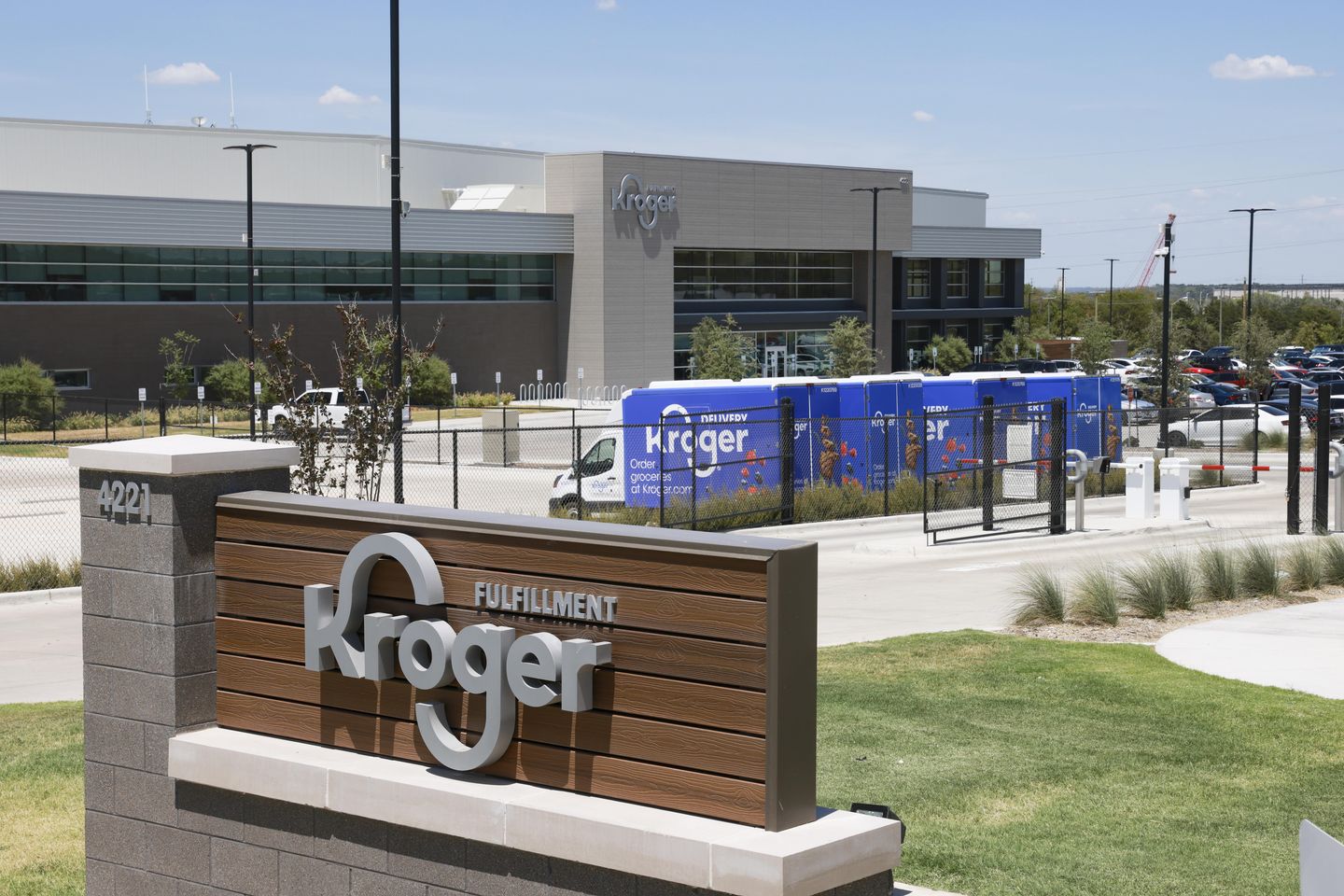Albertsons, one of the largest grocery chains in the United States, is facing a major setback as it announced that it is giving up on its merger with Kroger, another major player in the industry. The $24.6 billion agreement, which was supposed to create a powerhouse in the grocery industry, has now been abandoned due to regulatory hurdles.
The merger between Albertsons and Kroger was announced with much fanfare, with both companies touting the benefits of combining forces to create a stronger competitor in the highly competitive grocery market. The deal was seen as a way for both companies to increase their market share and better compete with the likes of Walmart and Amazon, who have been making significant inroads into the grocery sector.
However, the merger faced significant regulatory scrutiny from the start. The Federal Trade Commission (FTC) raised concerns about the potential impact of the merger on competition in the grocery industry, citing worries about reduced choice and higher prices for consumers. Despite these concerns, Albertsons and Kroger pressed ahead with the merger, believing that they could address the FTC’s concerns through divestitures and other remedies.
Unfortunately for Albertsons, their efforts to secure regulatory approval for the merger were not successful. The FTC ultimately rejected the proposed remedies put forward by the two companies, leading to the collapse of the deal. In a statement announcing the end of the merger, Albertsons cited the FTC’s refusal to approve the deal as the primary reason for their decision to abandon the merger.
In a surprising move, Albertsons also announced that it is suing Kroger, alleging that the company did not do enough to secure regulatory approval for the merger. The lawsuit accuses Kroger of failing to provide the necessary information and support to the FTC during the regulatory review process, ultimately leading to the collapse of the deal. Albertsons is seeking damages from Kroger for their alleged failure to fulfill their obligations under the merger agreement.
The collapse of the Albertsons-Kroger merger is a major blow to both companies, who had hoped that joining forces would enable them to better compete in the increasingly crowded grocery market. The failure of the deal highlights the challenges of navigating the regulatory landscape in the grocery industry, where mergers and acquisitions are closely scrutinized for their potential impact on competition.
For Albertsons, the collapse of the merger with Kroger is a setback in their efforts to expand their presence in the grocery market. The company had seen the merger as a way to strengthen its position against rivals like Walmart and Amazon, who have been aggressively expanding their grocery offerings in recent years. Without the merger, Albertsons will need to find other ways to grow and compete in the increasingly competitive grocery sector.
As for Kroger, the collapse of the merger is also a disappointment. The company had hoped that joining forces with Albertsons would enable them to increase their market share and better compete with their rivals. The failure of the deal leaves Kroger in a challenging position, as they will now need to find other ways to grow and stay competitive in the fast-changing grocery market.
Overall, the collapse of the Albertsons-Kroger merger serves as a reminder of the challenges that companies face when seeking regulatory approval for major deals. The grocery industry is highly competitive, and companies looking to merge or acquire other businesses must navigate a complex regulatory landscape to gain approval for their deals. In this case, Albertsons and Kroger were unable to overcome the regulatory hurdles standing in the way of their merger, leading to the collapse of the deal and a major setback for both companies.









